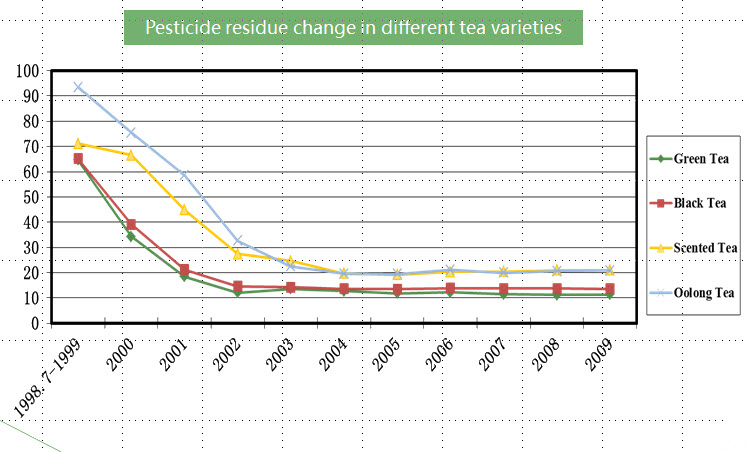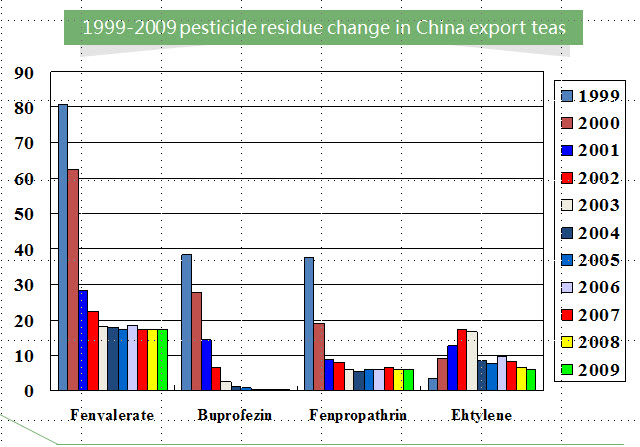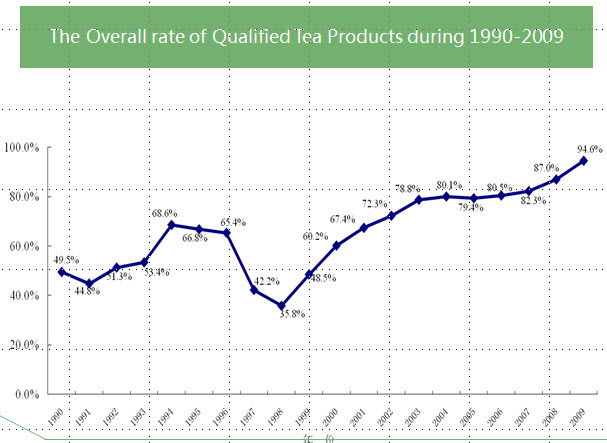What tea professionals need to start the week —
Single-serve lawsuits draw a line in the sand… growers of Honeybush in South Africa voice concern over rising demand… AriZona retains its position as the market leader in ready-to-drink tea in convenience stores… Numi introduces single serve tea in RealCups.
Patent Persuasion
Numi Organic Tea announced its new single-cup line last week, about the same time Harney & Sons Fine Teas launched their selection of single-cup teas.
Neither company chose to partner with Keurig Green Mountain which licenses its K-Cup technology to major tea blenders including Lipton, Snapple, Bigelow, Teavana, Twinings, Tetley, Celestial Seasonings and Tazo.
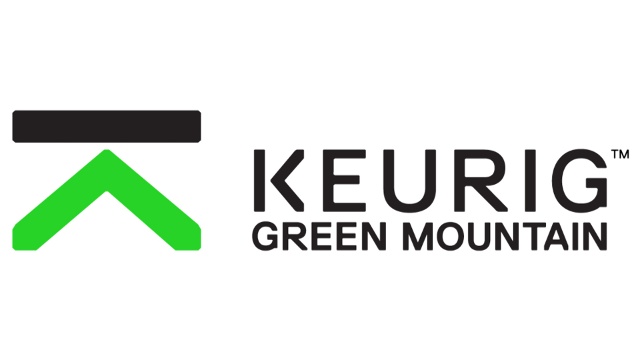 Their decision is based on economics in part. The largest brands produce K-Cups in huge quantities paying less per cup and can therefore better afford to pay Keurig Green Mountain a royalty of 6.2 cents per cup.
Their decision is based on economics in part. The largest brands produce K-Cups in huge quantities paying less per cup and can therefore better afford to pay Keurig Green Mountain a royalty of 6.2 cents per cup.
There is also a principal involved, a line in the sand with KGM on one side facing a growing number of private label manufacturers including California-based Rogers Family Coffee and Toronto-based Mother Parkers Tea & Coffee. Each of these firms packages their own lines in Keurig-compatible non-licensed capsules and packs tea for companies like Republic of Tea (Rogers).
Since its patents expired in September 2012, Green Mountain has watched its market share erode. Last year unlicensed packs grew from 7% to 14% share of the $3.1 billion single-serve market, according to data from Mintel International. Green Mountain, which once controlled 80% of the market by value, now controls 20% (with another 13% held by Keurig manufactured Caribou, Newman’s Own and Eight O’Clock coffee).
Starbucks has sold 2 billion K-Cups in a successful partnership with Keurig dating to 2011 and currently has a 12% share. Folgers (JM Smucker) has 12% share, according to IRI data (which counts grocery, drug store and mass market sales). Last week Starbucks renegotiated its deal with Keurig, striking terms that had prevented Keurig from partnering with other super-premium brands but gaining access to the lower end of the market for brands like Seattle’s Best. Almost immediately Peets Coffee & Tea announced it would partner with Keurig Green Mountain. Peets had previously offered its coffee only in RealCup™ Even though it now faces competition in the premium segment, Starbucks is quite confident it will be rewarded for expanding its offerings. Single-cups are the fastest growing coffee segment and many more homes are going to dump their Mr. Coffee for a pod machine.
Keurig believes that by developing superior equipment and partnering with companies like Starbucks to insure a large assortment of licensed brands it will win back market share.
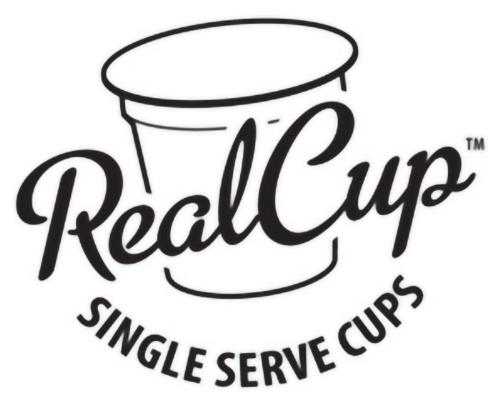 In choosing to contract with Mother Parkers Tea & Coffee, Numi joins a growing number of grocery chains including Kroger and Safeway, large manufacturers such as Kraft and Mondelez International, and independent coffee roasters who believe that open competition leads to product innovation, improved quality and greater consumer value.
In choosing to contract with Mother Parkers Tea & Coffee, Numi joins a growing number of grocery chains including Kroger and Safeway, large manufacturers such as Kraft and Mondelez International, and independent coffee roasters who believe that open competition leads to product innovation, improved quality and greater consumer value.
On Feb. 12, TreeHouse Foods, a multibillion-dollar private label manufacturer, filed suit against Keurig, Inc., and Green Mountain Coffee Roasters (collectively known as Keurig Green Mountain) alleging they engaged in anti-competitive acts to unlawfully maintain their monopoly over the cups used in single-serve brewers. A month later The Rogers Family Co. also filed suit alleging Keurig used its monopoly power in the single-serve coffee brewer and coffee pod markets to require its distribution partners to enter into “exclusive anti-competitive agreements designed to maintain Keurig’s monopoly power by excluding competition.”
In a release announcing the suit, TreeHouse writes that “Green Mountain has announced plans to eliminate the current lineup of K-cup brewers, which function with competitive cups, to exclude competition and force consumers to purchase higher-priced Green Mountain cups. TreeHouse’s lawsuit maintains that any supposed consumer benefits from the new technology are more than outweighed by the harm to competition and consumers by eliminating their choice and forcing them to pay higher prices for Green Mountain cups.”
“Such an anti-competitive product redesign would force consumers to pay at least 15 percent to 25 percent more for K-Cups, would block consumers from their preferred beverages and would restrain competition,” Oak Brook, Illinois-based TreeHouse said in its complaint.
Keurig Green Mountain Spokeswoman Suzanne DuLong responded that “We believe these claims are totally without merit, and we intend to defend these lawsuits vigorously.”
Coffee industry leader Mother Parkers agrees with TreeHouse Foods actions to stop a Keurig® monopoly, according to the company.
“The patents have expired; consumers have declared that they want choice,” said Bill VandenBygaart, Vice President of Business Development at Mother Parkers. “In our opinion, this action by Keurig as well as the pattern of anti-competitive activities described in the Complaint will continue to hurt the category.”
Tea and coffee drinkers “should decide which coffee they will brew, not Keurig® or Green Mountain Coffee Roasters®,” said VandenBygaart. “We support efforts to keep the single-serve business open to competition and believe that competition will deliver a better cup of coffee or tea.”
Numi Co-founder Ahmed Rahim was eager to enter the single-serve business, but it was paramount that the taste he so carefully crafted was present in each cup brewed from a single-serve capsule, according to a press release announcing the decision.
“I was impressed by the taste delivered by a RealCup™ capsule,” said Rahim. “It was clear to me that the superior taste from the carefully chosen real ingredients used in Numi® Organic Tea’s blends would be found in the teacup and not left behind in the capsule.” In choosing he placed Numi on the “one for all, all for one” side of the line.
No one wants to lose their monopoly. Keurig Green Mountain aggressively responded to the suit but the company’s decision to erect an even more formidable patent barricade is ultimately going to dampen innovation. In February KGM CEO Brian Kelley unveiled a new Keurig 2.0 brewer that will not work with non-licensed K-Cups. The patent for “intelligent extraction” which depends on a bar-code and radio-frequency ID means that owners will once again be forced to purchase Keurig coffee. It will also thwart the use of refill capsules.
The reality is that Keurig will find it hard to convince coffee drinkers they must pay for the new brewers through a premium of as much as three times the actual cost of coffee contained in the capsule. Kelley has promised the technology will produce a better cup of coffee, leading existing Keurig owners to upgrade. Keurig has sold 16 million brewers to date. Installing RFID technology in existing models is not practical. Adding this feature to new less expensive models drives up their cost.
Keurig may abandon its first-generation brewers but private label capsules are here to stay, as evidenced by the rapid growth of the Hamilton Beach FlexBrew. This non-licensed $49.95 Keurig-compatible brewer in five months is already found in 11,000 outlets. It is outselling Keurig’s comparable K-10 because it not only accepts K-Cups, it accepts refillable cups, has a wire mesh basket for your own freshly ground coffee and will brew European-style filter pad coffee as well as tea pods.
Keurig 2.0 will certainly offer more features; and with its partners likely make a better cup of coffee. It may well triumph in its niche — but not by unfairly stifling competitive innovation.
CASE: TreeHouse Foods Inc. v. Green Mountain Coffee Roasters Inc., 14-cv-00905, U.S. District Court, Southern District of New York (Manhattan).
Source: TreeHouse Foods
Fast Growth RTD Tea
While carbonated drinks remain the most widely consumed beverage in America the U.S. Beverage industry reported another year-to-year drop in volume, this time down 1.42% in convenience outlets compared to 2012. In contrast RTD tea is the fastest growing segment of the beverage category.
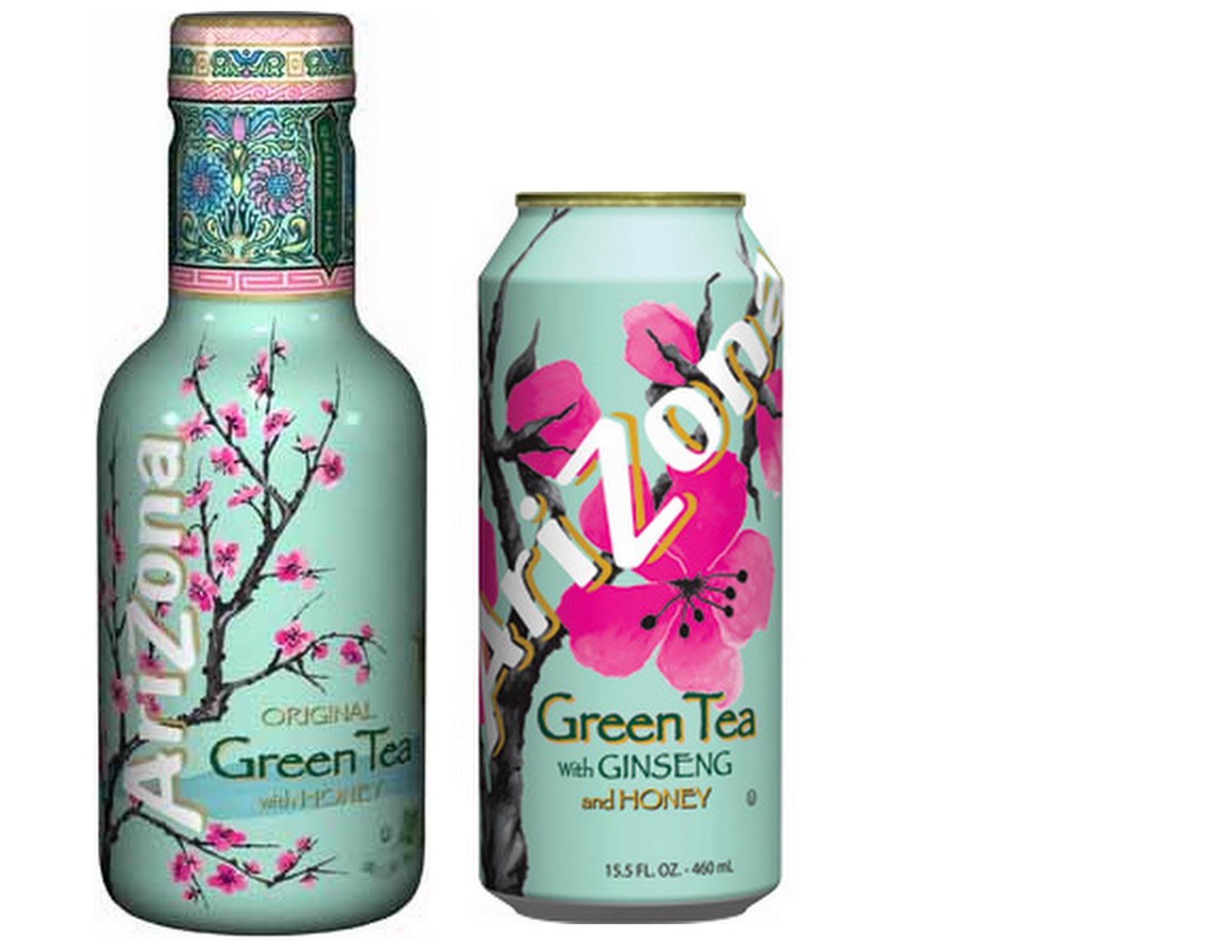 AriZona Tea was the top-selling brand in convenience last year with almost $270 million in sales. Lipton Brisk ($153 million) and Lipton PureLeaf ($125 million) trailed according to data from IRI.
AriZona Tea was the top-selling brand in convenience last year with almost $270 million in sales. Lipton Brisk ($153 million) and Lipton PureLeaf ($125 million) trailed according to data from IRI.
The biggest growth was Coca-Cola’s FUZE juice fortified with vitamins. Sales increased 250% to $33 million. The bottled tea category generated $1.23 billion sales in convenience outlets in 2013.
Bottled water showed big gains as soda consumption continues to decline but ready-to-drink tea may be the ultimate victor now that the world’s major bottlers are give it a boost.
Coca-Cola reported last month that its tea volume grew by 11% last quarter. Sales of Honest Tea are up 25% compared to 2012 and it is now a $100 million brand. FUZE tea and juice blends and Gold Peak shows solid growth as well.
Market research firm Canadean released its Global Iced/RTD Tea Drinks Report last week noting North America had net volume growth of 74 million gallons (280 million liters). The $5.1 billion U.S. market for RTD tea is expected to increase to $5.3 billion in 2014 with projected growth rate of 6% through 2018.
“The refreshing taste and perceived natural, healthy image of iced/RTD tea drinks will continue to generate growth and place the category in a good position to take advantage of the slowing carbonates market,” according to Canadean.
RTD tea is not just gaining customers in the United States.
Of the impressive 18.7 billion liters forecast to join the market between 2013 and 2018, over 15 billion liters is projected to come from Asia, with a massive contribution from China (as it overcomes its temporary setback) and Indonesia, according to Canadean. “Soft drink categories have continued with healthy double-digit growth, primarily owing to the key categories such as iced/RTD tea drinks and packaged water. The company reports that in Europe most carbonated consumption continued to occur in West Europe (primarily Benelux) in 2012. The region consumes 55% of global volumes but has lost considerable ground to Asia.
Excessive Demand Depletes Honeybush
Demand is depleting stocks of Honeybush, a largely wild-harvested South African bush used to make a popular herbal drink.
 It has become a popular because of its sweet flavor and it is often praised for its potential health benefits. There are 23 species of Honeybush; several are used to make an herbal beverage. In 1997 the harvest was 27 metric tons but when companies like Tazo, Twinings and Stash offering Honeybush blends in their lineup demand rose to 200 metric tons.
It has become a popular because of its sweet flavor and it is often praised for its potential health benefits. There are 23 species of Honeybush; several are used to make an herbal beverage. In 1997 the harvest was 27 metric tons but when companies like Tazo, Twinings and Stash offering Honeybush blends in their lineup demand rose to 200 metric tons.
The challenge is supply.
Honeybush (Cyclopia sp.) is a legume that grows only in the mountains north of South Africa’s Cape of Good Hope. Honeybush is part of the fynbos biome a habitat that is under pressure similar to that experienced by Rooibos which experienced a three-fold increase in demand. The result was widespread cultivation on land farmed at the expense of other native plant species.
Richard Cowling, of the Department of Botany at the Nelson Mandela Metropolitan University, cautioned that steps should be taken to prevent mistakes by the Rooibos tea industry.
“What is required is the mainstreaming of biodiversity and sustainability into the policies and practices of the Honeybush industry at this early stage of its development,” Cowling told the Flower Valley Conservation Trust. This could be done through certification championed by the local industry. Certification could ensure that sustainable veld harvesting guidelines are followed, that cultivation only takes place on old lands and that fair labor practices are met, he said.
There is very limited commercial cultivation of Honeybush so supply has relied heavily on wild bushes. The small plantations that currently exist are only able to supply 25% of the need. Honeybush traders travel into the mountains and harvest what is to be sold. Concerns have been raised that improper harvesting has damaged the existing supply. Wildfires, droughts, and over-harvesting have now raised serious questions about the plants’ long-term survival. Beginning in the mid-2000s, supply began to drop significantly, just at a time when global demand was increasing. The supply problems pose significant challenges to blending for consistent flavor and appearance and prices have now doubled.
Currently 15% of the Honeybush produced stays in South Africa. The rest is exported, with 85% of those exports going to the United States and Germany. Honeybush producers worry that the plant simply will not survive and work is now being done to establish nurseries and plantations to grow more Honeybush for commercial use.
These supply concerns are coinciding with efforts by the European Union and South Africa to assist one another with protecting geographic trademarks for products including Honeybush.
Neill Coetzee at Cape Town South Africa’s Coetzee & Coetzee (Pty) Ltd. is one such exporter. He identified five species that are commercially utilized. Two are slow growing and mainly wild harvested, he writes.
One species, Cyclopia longifolia, is “a new kid on the block and showing big commercialization prospects,” according to Coetzee. “This tea is very similar to Cyclopia intermedia (the original honeybush) but grows well in cultivation,” writes Coetzee whose firm trades in natural and organic ingredients, medicinal plants, herbal teas, Rooibos and Honeybush.
Small quantities of Honeybush are grown on lands from Mosselbay to Oudsthoorn (the eastern sides of the Western Cape province) and on the western side of the Eastern Cape province (Joubertina to Kareedouw). There are two Rooibos plantations situated near Honeybush producers but most Rooibos is grown 200 miles away in the Cederberg Mountains near Clanwilliam, considered the heart of Rooibos cultivation.
Learn more: South African Broadcasting Corporation
— — —
Tea Biz serves a core audience of beverage professionals in the belief that insightful journalism informs business decision making. Tea Biz reports what matters along the entire supply chain, emphasizing trustworthy sources and sound market research while discarding fluff and ignoring puffery.
Tea Biz posts are available to use in your company newsletter or website. Purchase reprint and distribution rights for single articles or commission original content. Click here for details.


